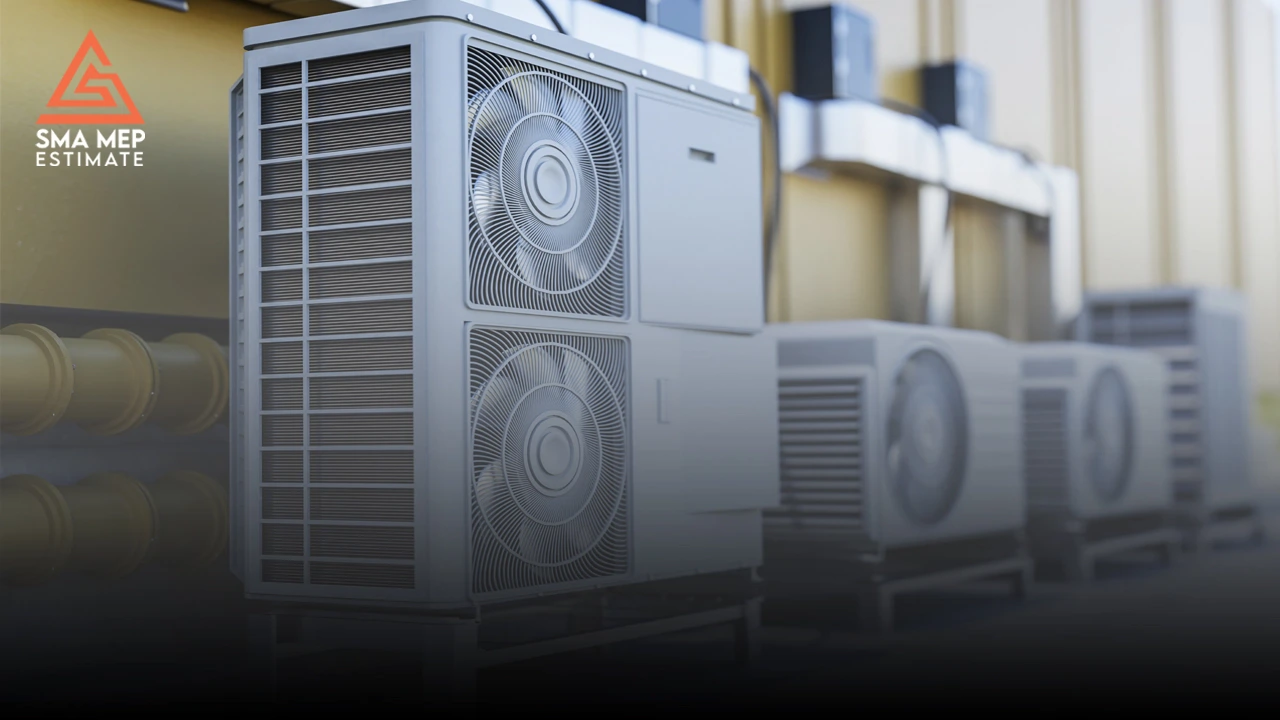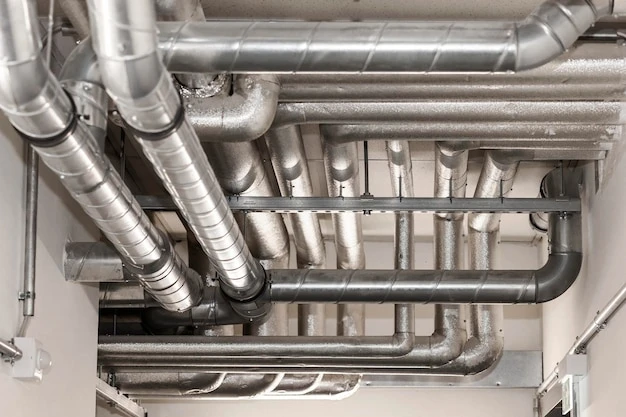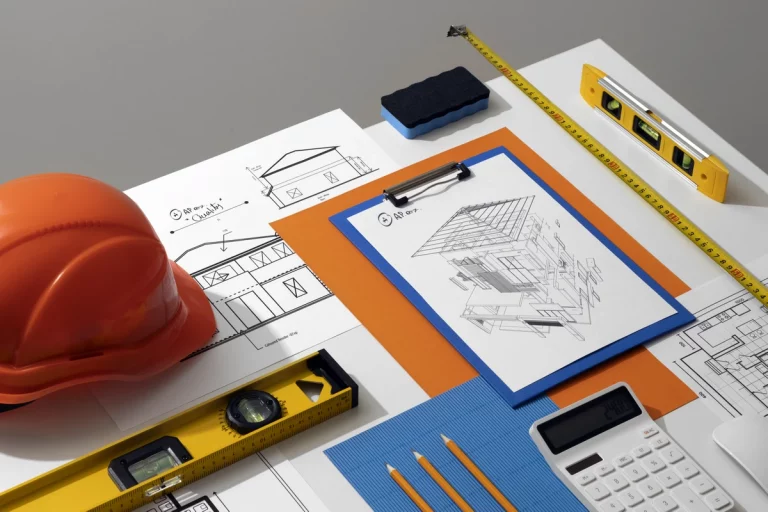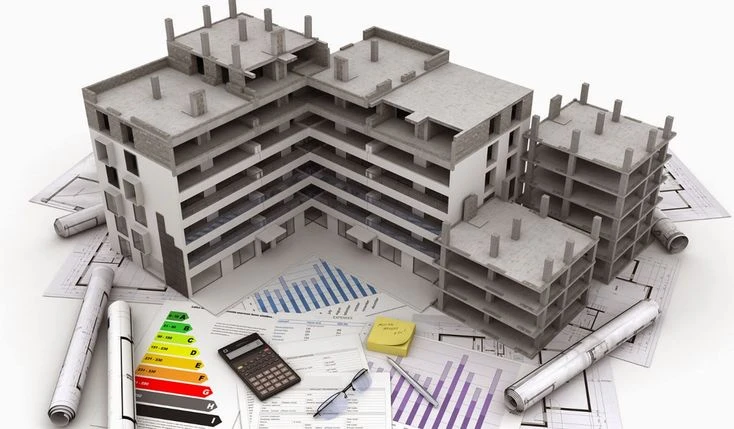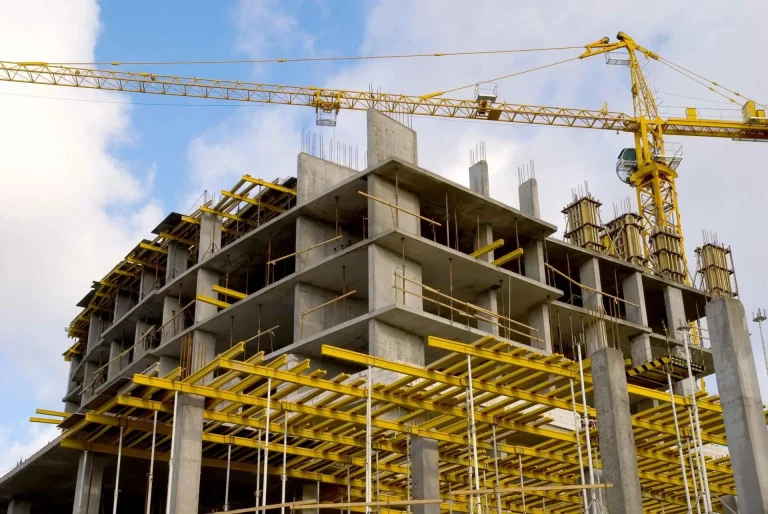Types of HVAC Systems for Residential and Commercial Projects: A Complete Guide
The types of HVAC Systems you are going to install in a project is a significant factor. These systems are an integral part of our daily lives, yet their operation isn’t always widely understood. They are designed to control a building’s internal atmosphere, maintaining comfortable indoor air quality by regulating temperature, humidity, and airflow based on external conditions.
Selecting among different HVAC system types is essential, requiring an understanding of your project’s scope and budget. Residential and commercial buildings have different requirements, influencing the necessary features and scale of the system to ensure it meets your specific requirements.
Make an informed choice for your structure’s HVAC system with the help of this detailed article.
WISELY CHOOSE AN HVAC SYSTEM FOR YOUR STRUCTURE BY FOLLOWING THIS DETAILED ARTICLE!
Types of HVAC Systems for Residential Buildings
As per the prerequisites of a residential building, the HVAC system, along with its pros and cons, is as follows:
1) Split or Heating & Cooling Systems
This is one of the most common HVAC systems, and as the name suggests, it is divided into two parts. One component is for cooling and is located inside. On the other hand, the other part of this system is situated outside of a building, either on the roof or in a basement.
This HVAC system also has a cooling system outside that uses compressors, coils or refrigerants for producing cool air. This system also has a heater for controlling and maintaining the temperature as needed. In addition to that, it also has a thermostat to regulate the temperature.
Pros
- In this HVAC system, there is no ductwork, which makes it suitable for energy efficiency.
- It possesses an auto clean feature, such as increased filtration and decreased moisture.
- The installation process is quick and easy.
Cons
- The primary drawback can be a higher initial cost compared to some simpler systems, due to its dual indoor/outdoor components.
2) Hybrid Split Systems
This system is similar to the above HVAC system but with extra advanced features. This system can switch between gas power, which allows its user to maintain the required levels of heat. Besides this feature, it also comes with a mild climate option. It provides more comfort throughout the year. It also comes with thermostats, ducts, and all the perks of a split system.
Pros
- It comes with a combustion system that helps to distribute cool air equally.
- It uses a heat pump to transfer heat from one place to another.
- It has a dual fuel system. This means that if the temperature drops below a certain level, it will keep a room warm even in cold weather.
Cons
- The process of installation is quite complex and must only be done by a professional.
- Because of its various features and dual-fuel capability, this HVAC system can represent a significant initial investment.
3) Mini Split or Duct Free
When we talk about types of HVAC systems, this system provides more control for small places or additions. By using this duct-free HVAC system, you can save energy as well, as conditioned air isn’t lost through duct leaks.
Pros
- An ideal choice for a space when you want to go duct-free or need zoned temperature control.
Cons
- These systems are not cheap, and they can be 30% more costly upfront compared to some central systems.
- Requires regular filter cleaning and maintenance to perform at full capacity.
Selecting the optimal residential system involves balancing these pros, cons, and associated costs. This is where precise budget planning through professional estimation becomes crucial.
Estimating Costs for Residential HVAC Systems
Now you have a general understanding about HVAC systems for a residential project. By using the above information you can select the right HVAC system. In Residential HVAC Estimating Services, each cost is estimated extensively and accurately. This can lead to cost effectiveness with maximized level of productivity. Estimators can also help you to make the right decision depending upon your budget and building requirements.
Types of HVAC Systems for Commercial Buildings
Let’s have a look at some of the most common HVAC systems for Commercial buildings:
Variable Refrigerant Flow (VRF) System
For commercial Buildings, VRF is an ideal choice, especially where zoned heating and cooling are needed. This type of HVAC system is an all-direct electric expansion system. In this system, refrigerant flows between various indoor evaporation units and one or more outdoor units. This process absorbs the indoor heat and carries it directly to the outdoor units, sometimes allowing simultaneous heating and cooling in different zones.
Pros
- Its design is created to be flexible, as various indoor units can be connected to a singular outdoor unit, offering excellent zone control.
- Highly energy-efficient, especially under partial load conditions.
Cons - The initial cost of installation can be very high.
- Requires specialized technicians for installation and regular maintenance.
- The extensive refrigerant piping can consume significant space within a building.
Rooftop HVAC systems
This type is a self contained packaged HVAC system. Typically designed for a white floor or similar areas. Their normal cooling capacity is around 120 tons as they also use refrigerants. On the other hand, these systems have their own evaporators, condensers and compressors. This helps them to maintain cold air and prevent moisture build up.
Pros
- Designs are often modular and adaptable for future expansion.
- Installation on the roof minimizes interior noise and saves valuable indoor space.
- Generally easier to access for maintenance compared to complex indoor systems.
Cons
- The installation process itself (lifting and placement) can be expensive.
- Rooftop Units are constantly exposed to weather conditions, potentially increasing maintenance needs and shortening lifespan compared to indoor units.
Choosing the right commercial system requires careful consideration of capacity, efficiency, installation complexity, and long-term operational expenses. Accurate financial planning and estimation are therefore critical for these significant investments.
Now that you’re familiar with the different types of HVAC systems, the next crucial step is ensuring you select the correct capacity for your specific needs. An improperly sized unit – whether too small or too large – can lead to inefficiency, discomfort, and higher operational costs.
Master HVAC Sizing: Read Our Comprehensive Guide to Choosing the Right HVAC Size
Estimating Costs for Commercial HVAC Systems
For Commercial HVAC Estimating Services, understanding the building’s size, usage patterns, and energy codes is paramount to selecting and budgeting for the appropriate system. Whether evaluating the installation and operational costs of a complex Variable Refrigerant Flow (VRF) system or planning for multiple Rooftop Units (RTUs), our professional estimators provide detailed cost breakdowns. We ensure the chosen HVAC system is sufficiently sized and account for installation, equipment, controls, ductwork (if applicable), and essential regular maintenance costs within the estimate. Accurate checks and balances projected in the estimate contribute to fewer operational problems and better system efficiency.
Why are HVAC Estimating Services Needed?
HVAC Estimating Services examine and devise a budget for your HVAC system. Whether it is a residential or a commercial project, they will create a cost estimate for the installation of an HVAC system. They do this by careful planning and understanding the complete layout of a project. This helps them to know what the requirements of an HVAC system for a building are
Get an accurate estimate for your next HVAC project to have a successful venture!
Conclusion
In the end, understanding the several types of HVAC systems can greatly help you in choosing the right system for your project. An informed choice will not only be cost-effective but will also enhance performance and comfort. Thus, with the help of this article comparing options for both residential and commercial buildings, you can better understand the landscape. It provides useful insights by discussing each system’s pros and cons. Lastly, it highlights why accurate cost estimation is important when it comes to planning for an HVAC system.
For expert assistance in budgeting your specific project, feel free to reach out to SMA MEP Estimate.
FAQs
Is a Hybrid Split system better than a split system?
A Hybrid split system is a modernized form of a split system. As it has additional features including all the features of a split system
What is the best choice for a small-scale commercial building?
Rooftop Units are considered to be an ideal choice for small-scale commercial properties.
What factors must be considered before choosing an HVAC system?
Size and layout of a structure, local climate, energy efficiency and last but not least, budget.
Can Regular maintenance increase the lifespan of an HVAC system?
Yes, regardless of what type you choose, regular maintenance can increase the life of an HVAC system. But in some types it is mandatory to perform regular checks.
Why are HVAC estimates required?
They are essential because they will provide you with a competent breakdown of the cost. This will help you in making an informed decision about what can be more cost-effective.

